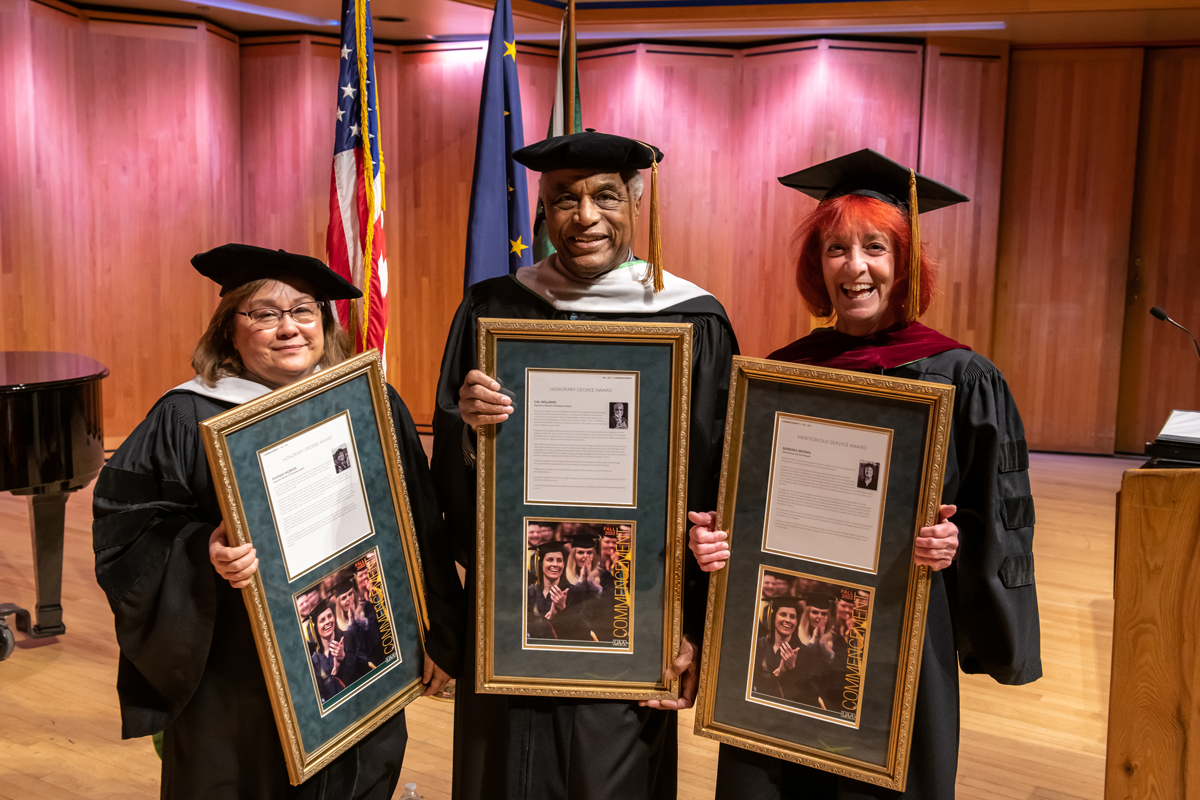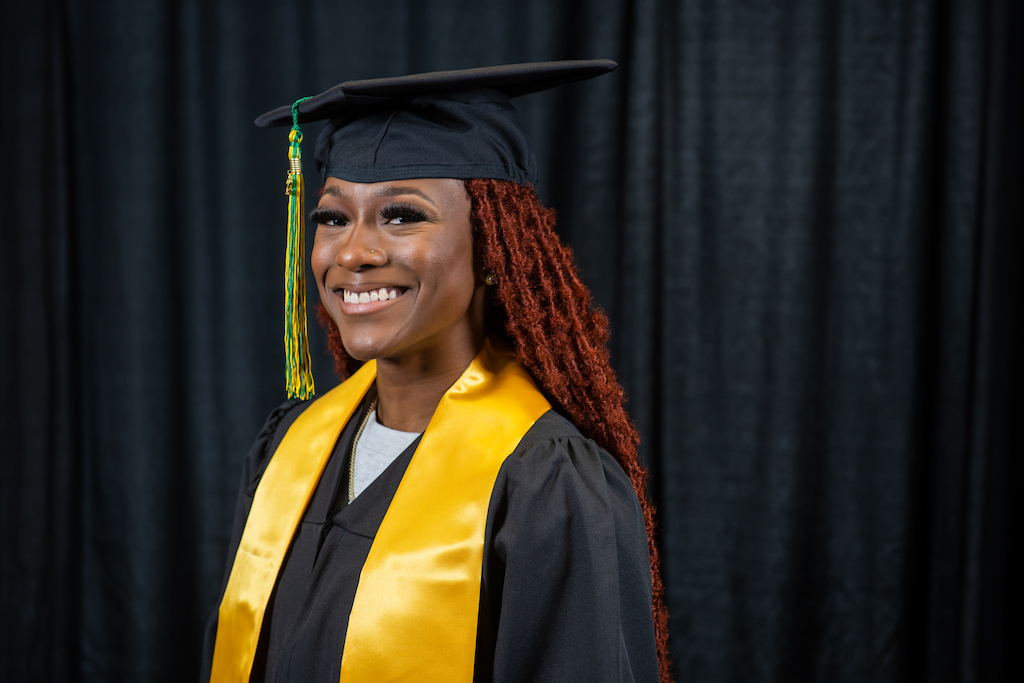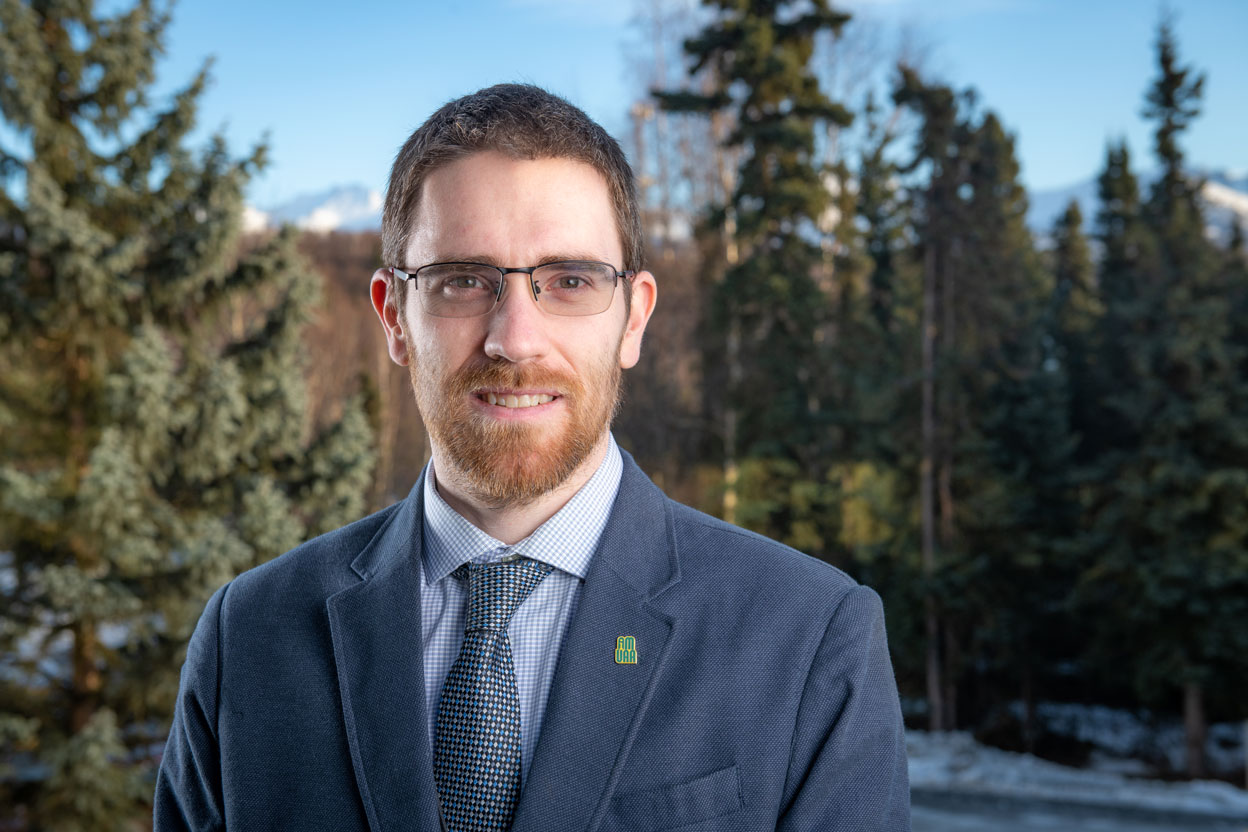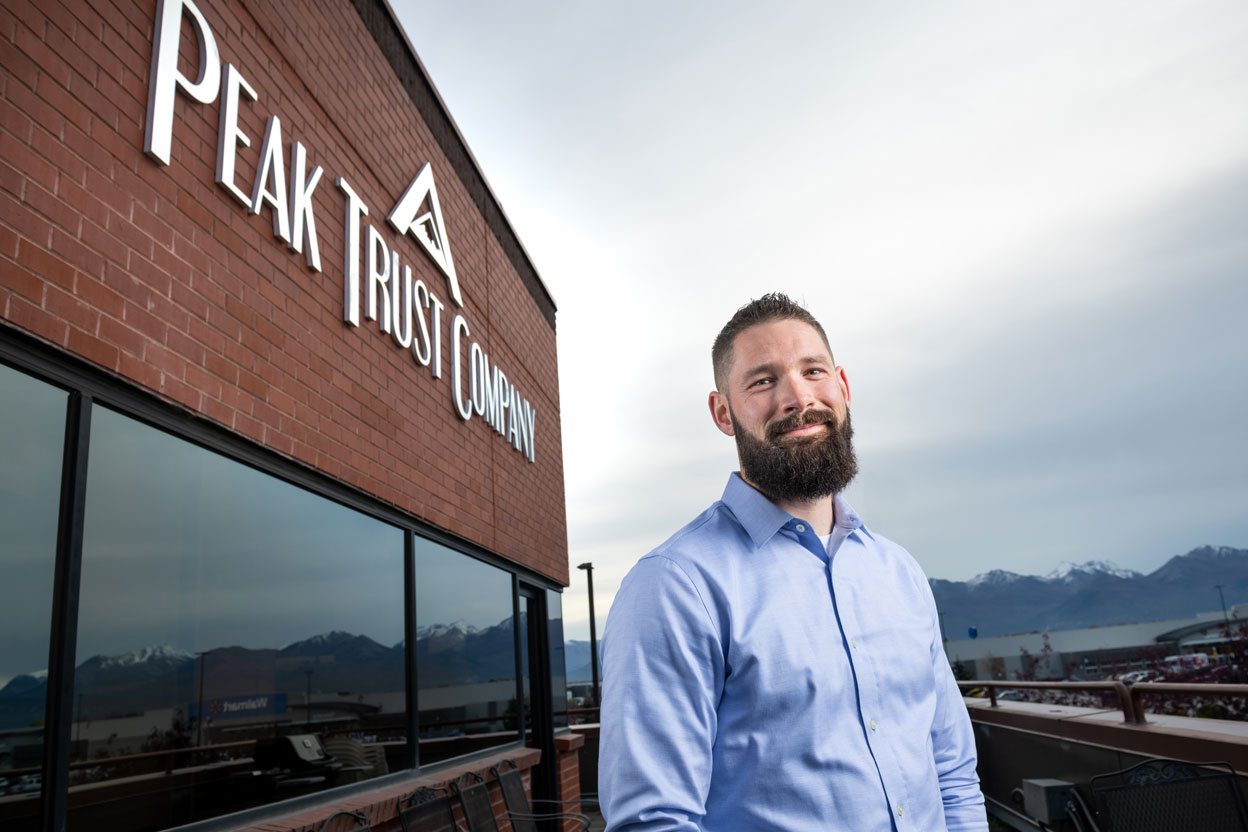Health Sciences faculty member receives NIH grant to develop hope-based health curriculum
by Vicki Nechodomu, College of Health |
Alaska has the fastest-growing older adult population of any state in the country, and their health and well-being are at risk. As obesity rates among older adults continue to increase nationwide, so does their susceptibility to Alzheimer’s Disease and Related Dementias (ADRD), early mortality, and decreased physical functioning and quality of life. One UAA research team is on the mission to improve the quality of life of older adults. Through an innovative hope-based education program focused on fostering positive behaviors that fight obesity at its most common root: sedentary behaviors coupled with imbalanced diets.
Assistant professor of health sciences Britteny M. Howell received an R15 research grant from the National Institute on Aging for her project, “A Health Education Program to Increase Hope and Improve Energy Balance Among Seniors in the Urban Subarctic.” The interprofessional team includes assistant professor of dietetics and nutrition Leslie Redmond, Center for Human Development co-director of research and evaluation Vanessa Hiratsuka, professor of public health Gabriel Garcia and assistant professor of communication Amber Worthington.
The project team will train 12 student research assistants to develop and deliver a 15-week health promotion program designed to improve older adults' fruit and vegetable intake and physical activity. The students will then provide that programming to four low-income housing communities in Anchorage and Eagle River and analyze the impacts on the training recipients.
“Student-led programs create intergenerational learning opportunities, where student research assistants and older participants can form relationships and learn from each other. This is important because college students today often have very little contact or experience with older adults. However, most students in the health professions will end up working with older adult clients or patients at some point in their lives,” said Howell.
While health education has been shown to improve the health of older adults, behavioral changes are often difficult to maintain. This curriculum will differ in its use of a persuasive hope theory (PHT) based model and aims to explore the effectiveness of PHT for diverse older adults struggling with negative self-perceptions and health disparities.
“PHT programs attempt to convey positive messages that specifically elicit the emotion of hope in order to increase self-efficacy and motivation for behavior change,” said Howell. PHT programs exist for several populations and are commonly used with children; however, they are less widely used with aging populations. “This makes the program novel but also addresses a real need to demonstrate the effectiveness of PHT-informed interventions across the lifespan since older adults are often left out of typical clinical and translational research studies.” In short, the program will not only address behavioral changes but will focus on shifting commonly held negative views on aging, dispelling negative stereotypes, and eliciting feelings of hope and optimism.
“Receiving this R15 grant from the National Institute on Aging is a real honor,” said Howell. This grant provides an opportunity to pursue research, builds research infrastructure at UAA and positions the university to be a leader in gerontological research. “In addition to conducting this important work with older adults, this project has a dual purpose to expose undergraduate and graduate students in the health professions to the research process and strengthen our institution's research environment.”
Are you a student interested in teaching older adults in the community this fall and assisting with data collection and analysis the following spring? Contact Dr. Brittany M. Howell at bmhowell2@alaska.edu.
 "Health Sciences faculty member receives NIH grant to develop hope-based health curriculum" is licensed under a Creative Commons Attribution-NonCommercial 4.0 International License.
"Health Sciences faculty member receives NIH grant to develop hope-based health curriculum" is licensed under a Creative Commons Attribution-NonCommercial 4.0 International License.














